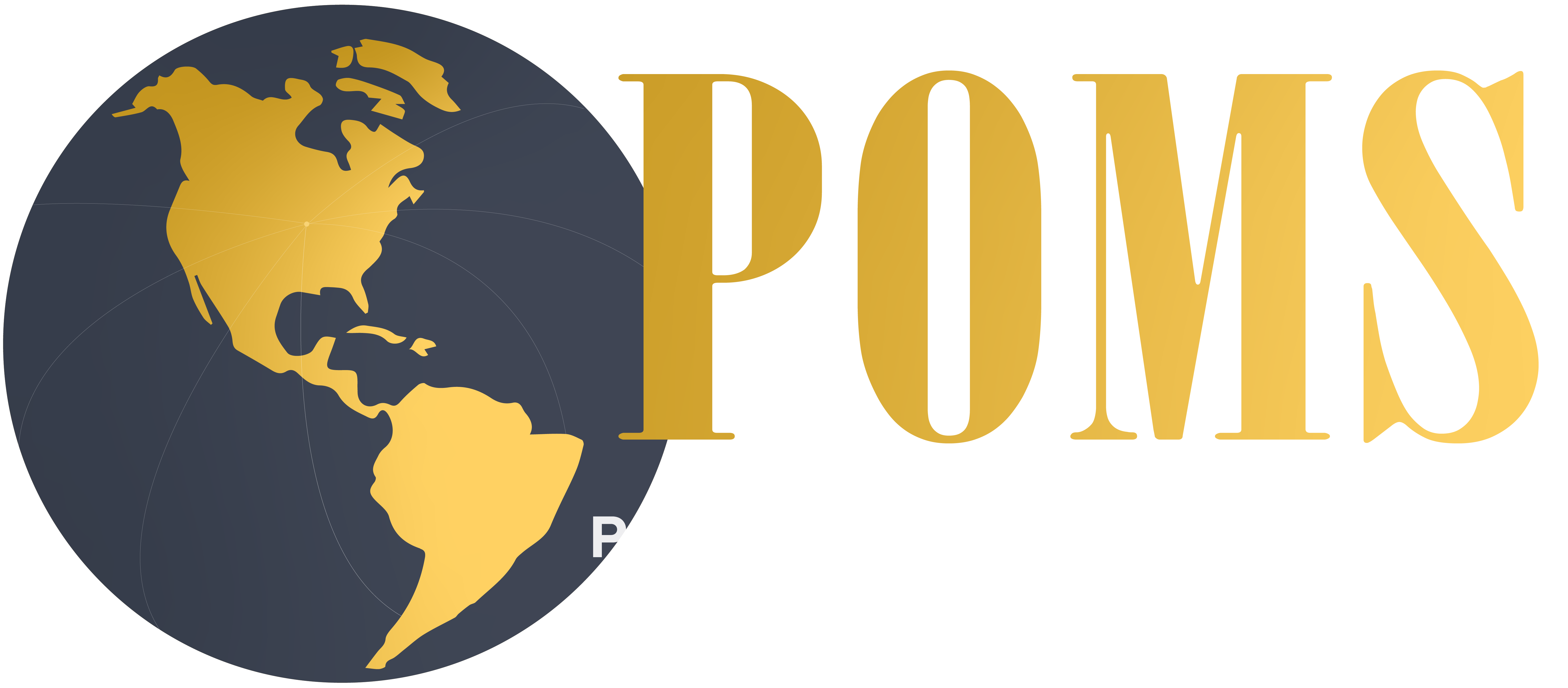GLOBAL OPERATIONS STRATEGY
Mission Statement
Capabilities grown within an operation tend to be hard to pin down, interdependent and difficult to imitate, providing a basis for sustainable competitive advantage. Many business model innovations are, at their core, operational in nature. Modern information technology has opened up tremendous opportunities to restructure work, both geographically and organizationally. Companies are globalized, yet the world remains surprisingly and persistently local. In this context, decisions of where and how to produce what kind of goods and services are not tactical, but strategic in nature, and have to be aligned with an overarching competitive vision by the organization. The mission of the Global Operations Strategy Department is to publish research that showcases the strategic nature of operations decisions in global competitive environments. These decisions impact the evolving design of an operations nested within a global supply chain, set the foundation for tremendous and enduring productivity improvements and provide a firm with unique and novel opportunities for value generation.
We encourage research that emphasizes the strategic nature of operation decisions and whose findings contribute simultaneously to advancing scientific understanding and to improving practice. Exemplary topics include:
- Capacity strategy: Decisions as to where and how to build what kind of capacity.
- Technology strategy: Decisions as to the types of product technology or process technology that a firm should invest in or develop.
- Sourcing strategy: Decisions as to where and from whom inputs are to be procured, as well as the governance mechanism for managing the established relationship.
- Distribution strategy: Decisions as to how products and services offered by a firm become available and accessible to customers in the market.
- Process improvement strategy: Decisions as to initiatives to implement to improve processes within and across firm boundaries.
The Global Operations Strategy Department is methodologically agnostic. We accept submissions of empirical papers analyzing primary data collected via rigorously-designed survey research, experiments, and case studies, as well as those analyzing secondary data obtained from publicly-accessible databases or from access to firms. We also encourage submission of analytical papers including game-theoretic modeling of strategic operations and supply chain decisions and strategic decision support models. Successful papers should be theoretically solid, by providing a succinct logic underlying the relationship between operations-related or supply-chain decisions and competitive advantage, as well as methodologically sound, by providing a state-of-the-art application of rigorous research methods. Last but not least, papers need to be managerially relevant, in the sense that at least some aspects of a manuscript should, in a combined body of work, find possible use in the education of future executives.
Departmental Editor

Professor M. Johnny Rungtusanatham
York University
rung001@yorku.ca
Senior Editors
Gopesh Anand, University of Illinois-Urbana Champaign
Aravind Chandrasekaran, Ohio State University
Yan Dong, University of South Carolina
Larry Fredendall, Clemson University
Manoj Malhotra, Lehigh University
Eve Rosenzweig, Emory University
Fabrizio Salvador, Instituto de Empresa
Enno Siemsen, University of Wisconsin-Madison
Shawnee Vickery, Michigan State University
Scott Webster, Arizona State University
Yusen Xia, Georgia State University

